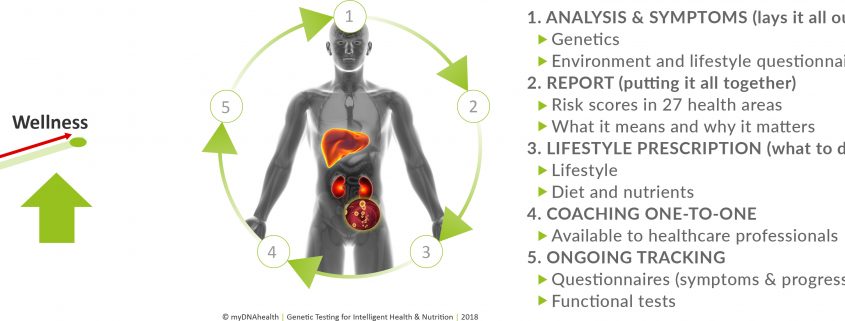A holistic approach to healthcare: The environment around us, our genetic inheritance, how we live our lives and the choices we make largely determine our health
The Global Burden of Disease (GBD) study reports that medical care is responsible for a mere 10 percent of preventable mortality. The GBD study is the world’s largest systematic, scientific effort to quantify the magnitude of health loss from all major diseases, injuries, and risk factors. It appears it’s our lifestyle choices such as diet and exercise that determines 40 percent; social and environmental factors, such as where a person lives and their education, accounts for 20 percent; and genetics contributes 30 percent.
The GBD study demonstrates that the big health threats facing healthcare today can’t be solved by one sector alone. Given the impact on our health of poor diet, obesity, lack of exercise, smoking, and too much alcohol, alongside gene expression, this should create opportunities for a more holistic approach involving local communities to help the at-risk residents to make healthier choices.
Similar studies have supported these findings and Public Health England agrees that healthcare has a relatively limited impact on our health. The environment around us, our genetic inheritance, how we live our lives and the choices we make largely determine our health. This provides a new level of insight into all factors that contribute to a person’s health.
What’s the future of healthcare?
The future of healthcare will most likely be very different from the current system that typically treats people only after they become ill. The increase in non-communicable disease and the rise in lifestyle related illnesses require a broad approach but with specific interventions.
There is already a shift among forward thinking doctors in the UK who are signing up to attend a Prescribing Lifestyle Medicine Course (RCGP accredited) organised by LOBE Medical and Clinical Education. The course provides busy GPs, Practice Nurses and Pharmacists with tools to tackle complex presentations with simple yet effective evidence derived lifestyle medicine interventions. This will see more doctors having the skills to diagnose a patient’s risk factors for many health issues by evaluating genetics, lifestyle, environmental factors and social circumstances and prescribe a health and wellness plan that can provide patients with real solutions to their health issues and presenting symptoms, with further support from local community health coaches and nutritional practitioners.
References:




